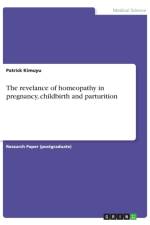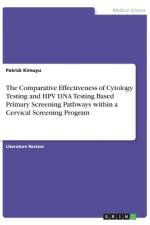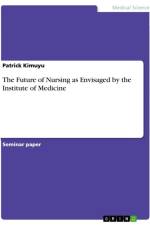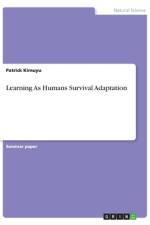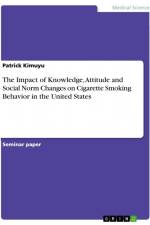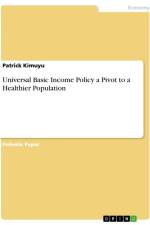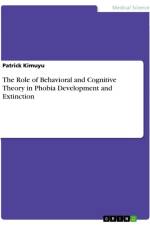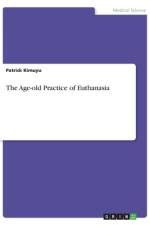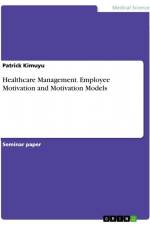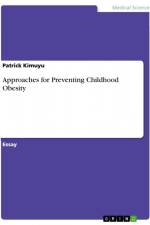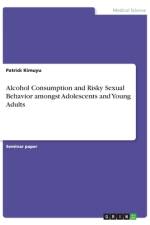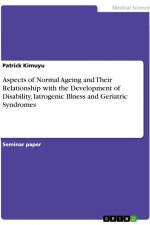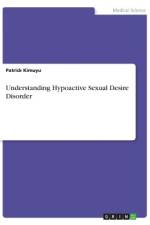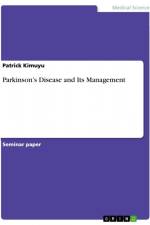von Patrick Kimuyu
9,99 €
Seminar paper from the year 2018 in the subject Medicine - Anatomy, Physiology, Cytology, grade: 1, Egerton University, language: English, abstract: Over the past decades, scientific inquiry into the phenomenon of aging has produced extensive literature. Of great fascination is the mechanism that underlies aging process. From a biological perspective, aging takes a life course when an individual grows to maturity. During this phase in life, aging is not felt as a remarkable biological course due to the excitement that occurs during young age. However, the ageing coincides with explicit biological changes, especially the aspect of physical decline. It is this phase of ageing that has attracted the interests of both scientists and gerontologists. Scientists are focused on understanding the biology of aging. Biological studies indicate that ageing involves biological pathways such as the regulation of genes, metabolism and cellular signaling (López-Otín et al., 2013; Newgard & Pessin, 2014). These pathways play integral roles in controlling how the human body works including response to infection, stress, as well as recovery from injuries. On the other hand, gerontologists are concerned with the aspects of aging, in order to distinguish normal aging from disease. The task here involves establishing a clear boundary between normal aging and age-related health problems which have, for long, been considered as part of aging. For instance, the association of change in personality, especially during old age has been found to be an independent construct that does not have a significant relationship with normal ageing (National Institute of Health, 2015). In this respect, this paper provides a critical discussion on aspects of normal ageing, when combined with a chronic disease, may contribute to the development of disability, iatrogenic illness and geriatric syndromes, as well as elucidating the nurse¿s role in limiting this risk. This topic has immense implications to clinical practice. Foremost, ageing is associated with chronic illnesses. Additionally, some aspects of ageing exhibit interplay with chronic illnesses to cause devastating health consequences such as disability, iatrogenic illness and geriatric syndromes. Therefore, nursing care should focus on addressing chronic illnesses, as well as preventing the development of disability, iatrogenic illness and geriatric syndromes. As such, this essay discusses how the combination of normal ageing aspects with chronic illnesses may lead to these adverse health conditions using the case of diabetes.

